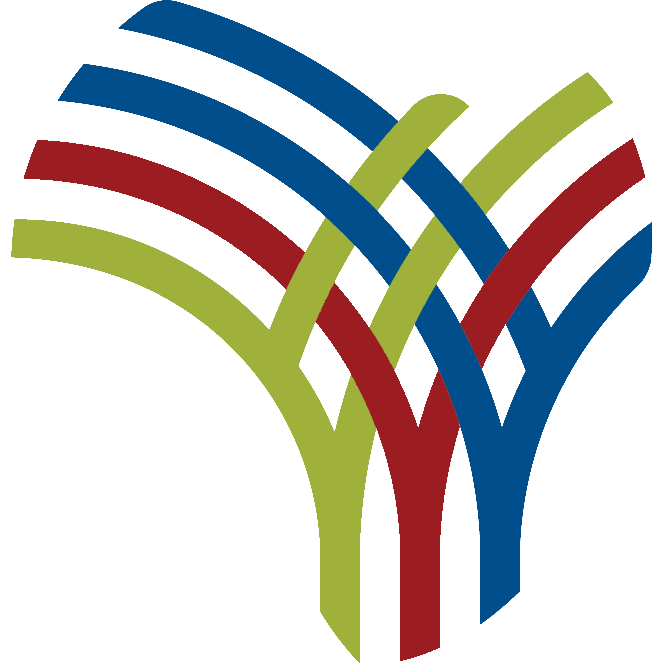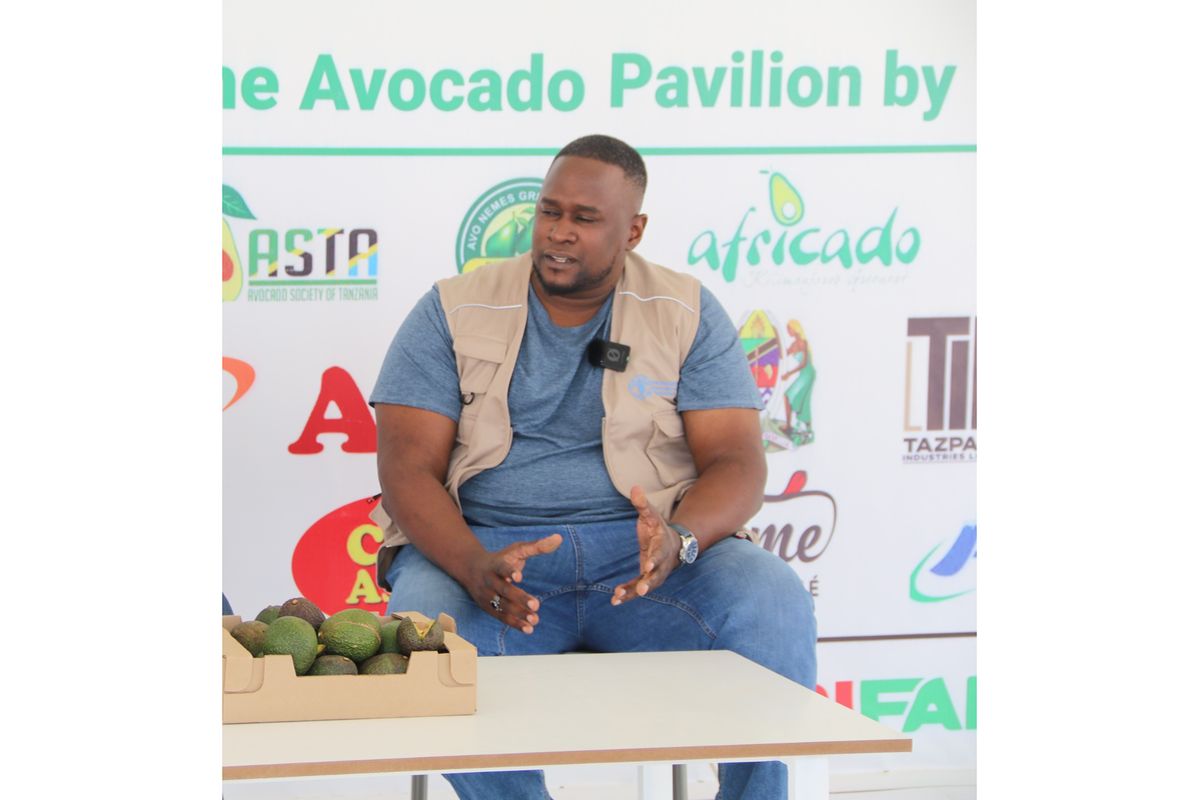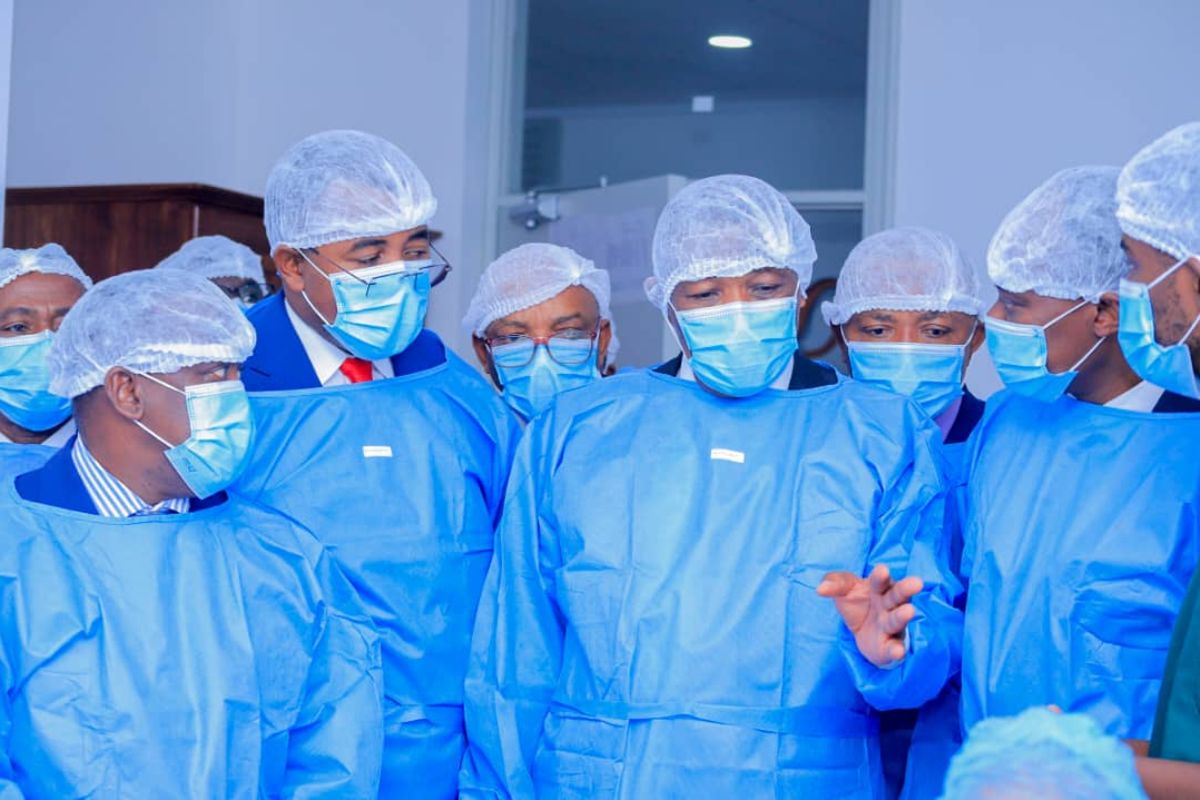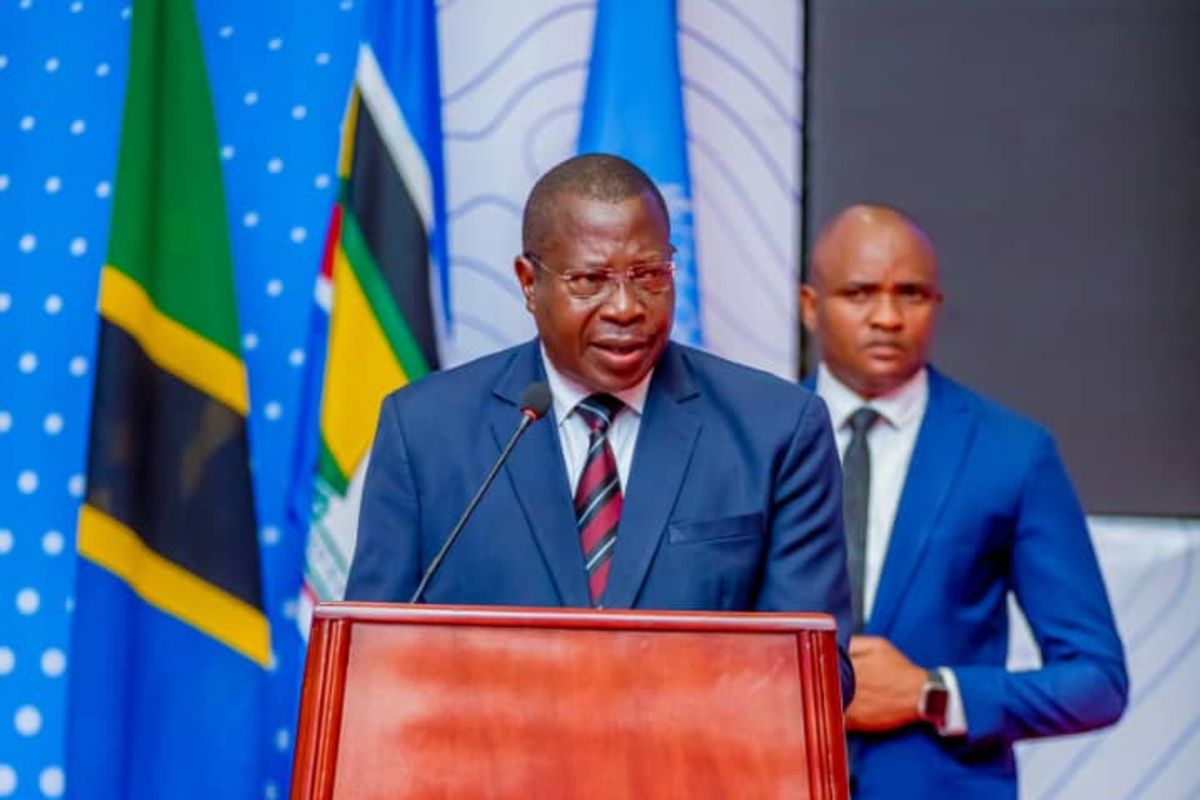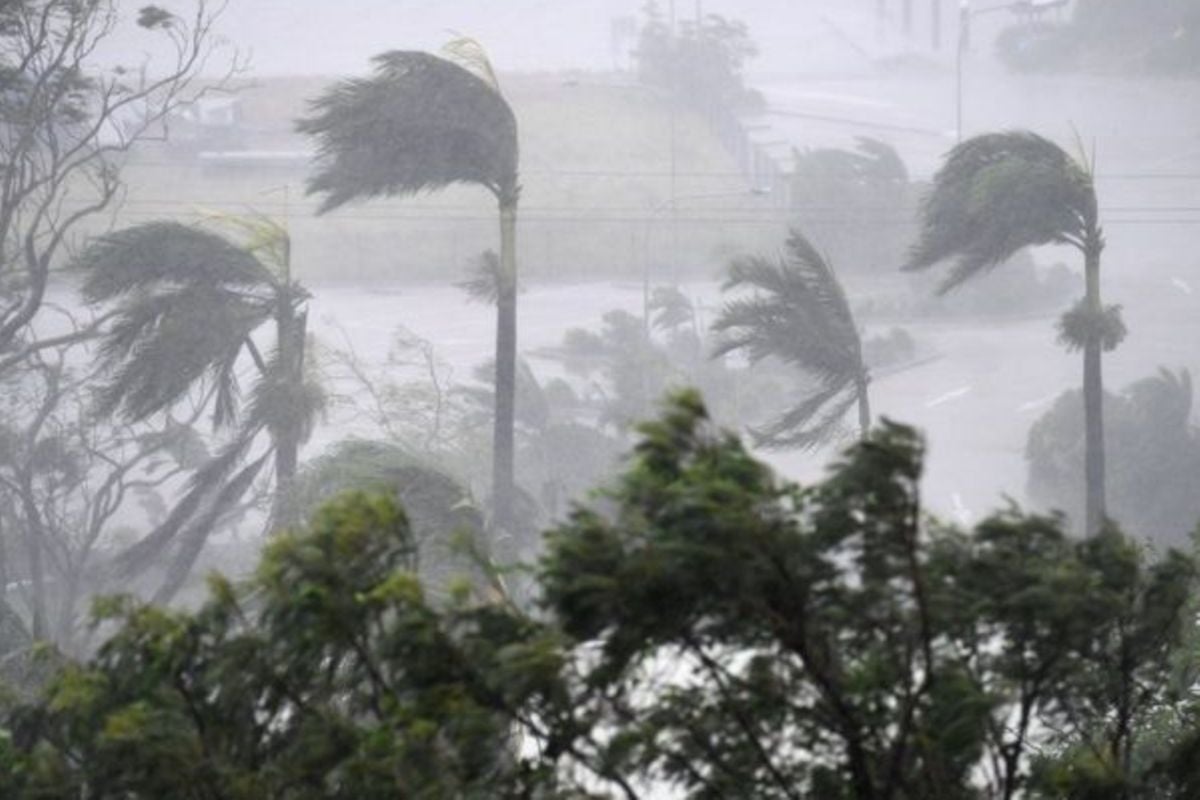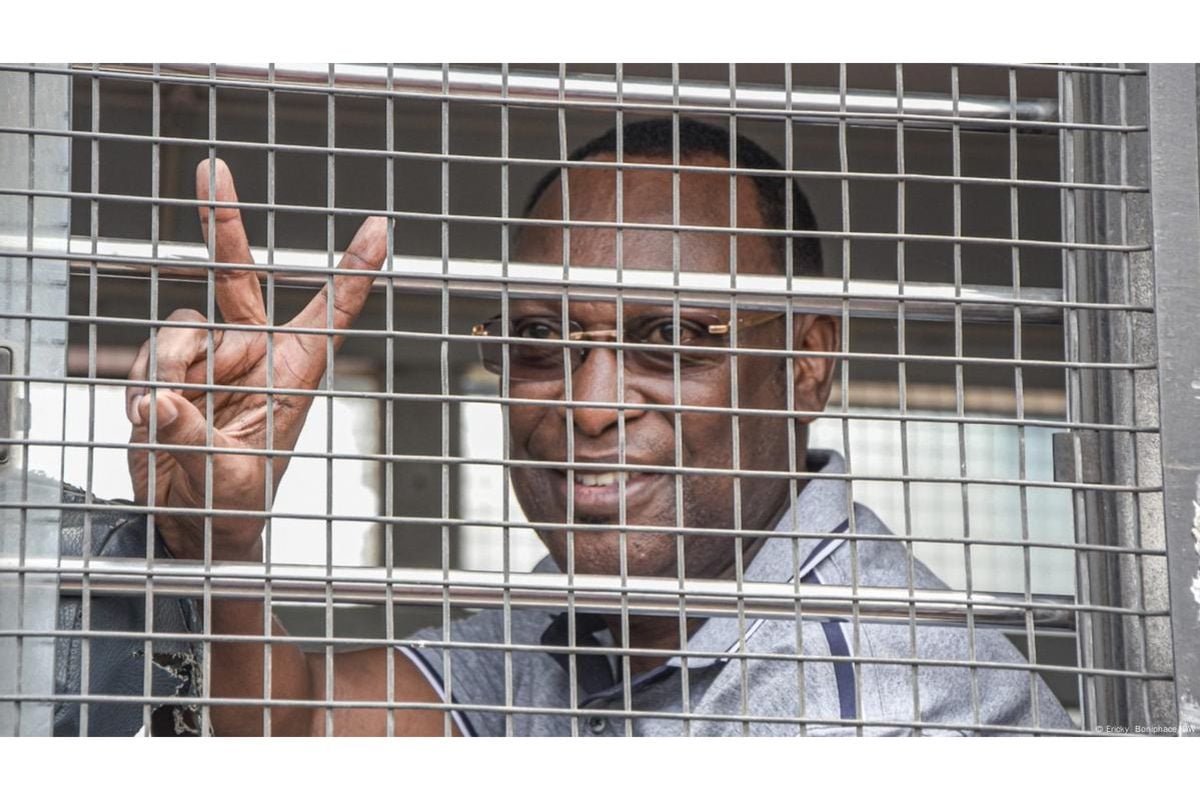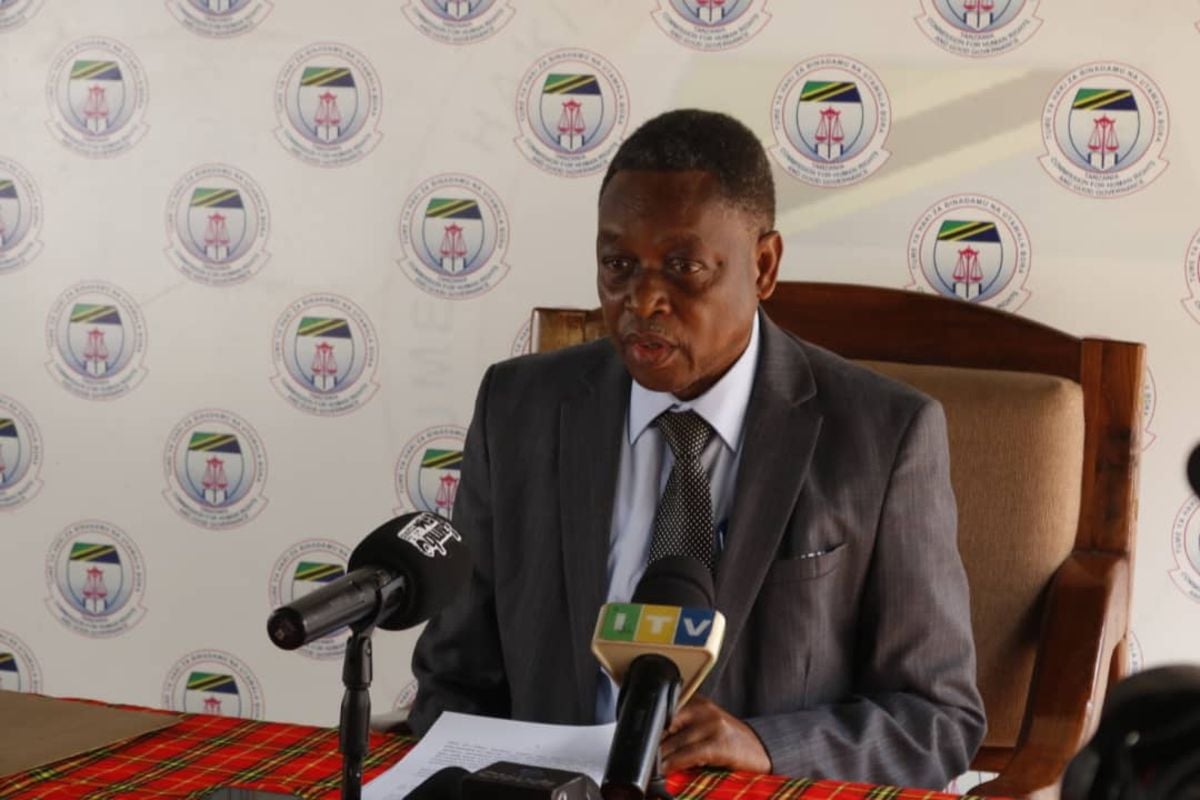Climate change wiping out Africa’s traditional vegetables
A wide range of African vegetable varieties are threatened with extinction, while others have already disappeared as climate change, urbanisation and poor eating habits take their toll.
Speaking at the Africa Food Systems Forum (AFSF) in Kigali this week, experts said many indigenous African vegetable species are already extinct and others will soon disappear if nothing is done.
“The most endangered species are the indigenous African vegetables, due to many historical events, many of the indigenous vegetable varieties have been replaced by exotic breeds, and the challenge now is where to find these materials,” said Dr Sognigbe N’Danikou, a scientist and expert on the conservation and use of traditional vegetables at the World Vegetable Centre, a non-profit involved in vegetable research.
He said, for instance, that a certain type of okra (Abelmoschus manihot), which was widely consumed in West Africa and traditionally used for medicine, is now very difficult to find.
Others, like black night shade and amaranth, are critically endangered, while a host of other edible wild weeds that were eaten in the past have disappeared. Most of these herbs are rich in minerals and vitamins that are vital to local diets.
In the last 100 years, up to 75 percent of the global diversity of African vegetables has been lost, he argued.
A global problem
But the problem is global. The National Geographic recently reported that that between 1903 and 1983, seed varieties shrank by about 93 percent, and 30 years later, the fruits and vegetables from those seeds diminished even more drastically.
For instance, 544 varieties of cabbage shrank to just 28, while 463 kinds of radishes were reduced to 27.
In Africa, urbanisation, climate change and poor farming methods have been some of the biggest threats.
When bushes are cleared to construct roads and expand cities, many vegetable varieties are destroyed never to be seen again, as many of their seeds are not even preserved.
In eSwatini, one of the countries with the highest rate of vegetable extinction, the indiscriminate use of herbicides has been a major cause of species destruction.
Meanwhile floods, landslides and other natural disasters, that come as a result of climate change, have led to the disappearance of some vegetable varieties.
Yet governments and private sector have not done enough to invest in sufficient seed banks and research to protect these vegetables.
Rescue project
At the AFS Forum, the World Vegetable Centre launched the Vegetable Biodiversity Rescue Plan, which will act as a roadmap to address the threats stalking the vegetable species in order to reverse their disappearance.
“The knowledge around these species has also been lost in many traditional communities.
“Africa is also home to many vegetable species whose wild relatives are endangered and disappearing, largely due to urbanisation and climate change. For example, the wild relatives of cowpeas, which is originally domesticated in Africa have disappeared,” said Mr Sognigbe.
He noted that the rescue project will, among other things, seek to collect seeds of these wild varieties and conserve them so that they can be bred in the future.
Read: Farmers in western Kenya show how Africa can feed itself
Up to $12.5 million is required to implement the 10-year rescue plan, and a pilot was carried out with support of the Taiwan Africa Vegetable Initiative from 2021 to 2024, to conserve and use African vegetable biodiversity to address malnutrition.
As part of the pilot project, over 17,000 vegetable varieties have been collected in Benin, Eswatini, Madagascar and Tanzania for preservation.
So far, achievements made through the pilot phase include two newly constructed and three upgraded African genebanks, in addition to training some 174 African genebank staff.
“This is a matter of urgency. Policy makers, scientists and other stakeholders need to join hands in rescuing these endangered vegetable varieties. We are glad private sector entities like Equity Bank has come on board to support these efforts,” said Colleta Ndunguru, the World Vegetable Centre programme manager for Tanzania.
“We need to make room to promote and support farmer-managed seed systems.”
Experts say there is a need to invest in conservation infrastructure at the national level to ensure there are functioning gene banks that can preserve and replicate what farmers have, so that varieties can be preserved before they are lost.
“We need to promote inclusion of these vegetables in our diets by adopting policies that facilitate and encourage farmers to grow these materials and also consumers to integrate these in their diets,” she said.


